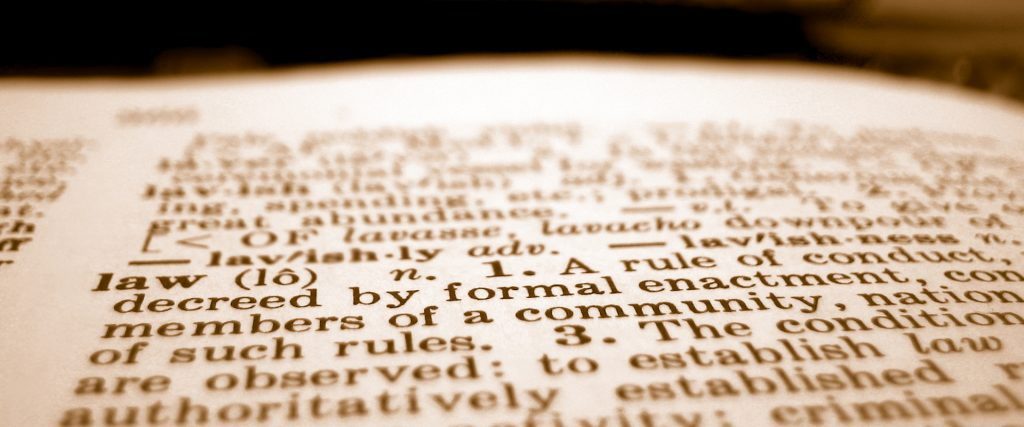
What Should and Should Not be Shredded at a Law Firm
What Should and Should Not be Shredded at a Law Firm
Law firms have some of the most confidential records a person can acquire. Due to this, they are often some of the most consistent customers for a shredding company. However, the needs attached to a legal firm are much different than other types of business due to the nature of their documents. In the legal profession, it is just as important to know which documents not to shred as it is to get the right documents shredded in a confidential and secure manner.
A good business practice that also complies with the law many companies have adopted is to destroy client information as soon as it is no longer needed. Further, there are information security laws and standards that apply to law firms, making this good business practice a legal requirement for attorneys. Laws on this topic include the U.S. Patriot Act, Payment Card Industry (PCI) Security Standards, the Identity Theft Penalty Enhancement Act, and the Sarbanes-Oxley Act.
Human Resource Records
Like any other company, a law firm keeps records of their employees. This includes private information such as salary levels, private reports, performance evaluations, hiring documentation including evaluating and discharging employees, among other sensitive materials. For the employees, this type of information can be used by identity thefts or other unscrupulous individuals.
Company Financial Information
Depending upon the jurisdiction, law firms are required to keep certain financial information available. Individual states and industries have their own regulations over such information that needs to be checked before shredding should begin. This includes documentation such as client credit reports, company data and other relevant financial information as it pertains to the operations of the firm. In some cases, it may be possible to scan these documents into a database and shred the physical copies, which would be far more secure.
Legal Information and References
Often, a law firm will keep a large amount of legal references and other materials in their storage. However, there are many cases where keeping these references is not necessary. For instance, if the materials can also be found in a legal library in which your firm has access, it makes more sense to purge legal materials that are not being used regularly.
Case Files
It may seem like a good idea to purge all materials after a case has closed but there are times when case files are important to keep. For instance, wills and real estate transactions should always be kept, whether as physical copies or scanned into a document management system. These files often include client and witness depositions, correspondence, police reports and discovery documents.
